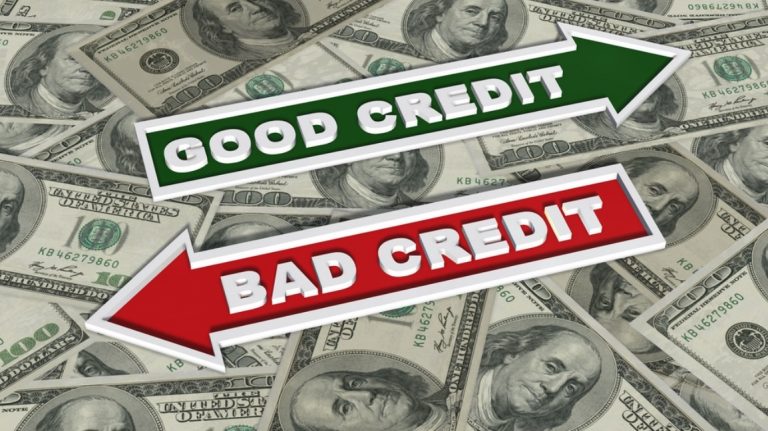When you have missed payments, or simply don’t have much credit history, getting a loan can feel like an impossibility. However, there are a lot of factors to consider and not every financial institution has the same rules. Some other parts of your overall profile can also offset the perceived ‘risk’ factor.
An example of where the rules might be adjusted could be that you have been promoted since your last application. Having more spare income might help to offset your low credit score. The key is to look at your entire profile as it stands today, and not only on your credit score from before.
Understanding Your Credit Rating
Your score from FICO is a number score that is assigned to each person and attempts to predict how likely they are to repay borrowed funds. There are many factors that contribute to the score, but things such as not paying bills, credit cards, or loans on time or in full can greatly impact your overall rating.
It is generally considered bad if your score is under 580 points. The range is between 300 and 850, where 850 is a pretty much perfect credit score. It takes into account your history, accounts, current finances, available credit and assets etc.
Because of this, one thing that can look bad is if you suddenly start applying for lots of loans over months in the hope to get approved for one. It looks suspicious, and affects your score.
How to Get Approved and Not Damage Your Credit Further
When you are in the situation of needing funds, but you have bad credit, the pressure can make you jump at any and all opportunities. However, it is best to carefully check requirements and take a route where you are likely to get approved. Then, if you make all the repayments, you take a step to rebuilding your score.
As most companies look at your income and credit history, sometimes getting approved can seem impossible. However, if you own your own car, one way to improve your chances of getting a loan is to use the car as collateral. This type of loan is called a car title loan and reduces the risk to the lender by securing the loan on the vehicle.
Of course, you do need to make sure you can afford the repayments (which you should do anyway). If it is very tight with the amount you need, sometimes borrowing a little extra and keeping that in an emergency account can help … should a tight month come along.
Some Things to Consider Regarding Your Credit Ratings
Credit scores are built on points and behaviour. Consider the follow factors to rebuild your score.
- Payment History 35% – Make sure to pay your bills in order to grow your score.
- History Has Value 15% – Be sure to keep older accounts active, especially lines of credit, as they give more power to your rating.
- Overall Debt 30% – Don’t max out everything and don’t close credit that isn’t used. Having an unused credit card allowance is actually in your favour.
- Types of Existing Debts 10% – They will consider the mix of credit and amount of accounts in each type. It should be balanced and look ‘normal’.
- New Credit Applications 10% – Don’t keep applying for credit all year. Instead, try to only apply for things in a 45 day window. As these will count as only one ‘full’ credit check application. If you do 3 over 6 months, it looks worse.
If you plan this approach correctly, you can dramatically increase the chances of approval and give yourself the opportunity to rebuild your rating. A good credit score is worth its weight in gold, so be sure to make your payments on time and plan properly to avoid further issues.

0 Comments